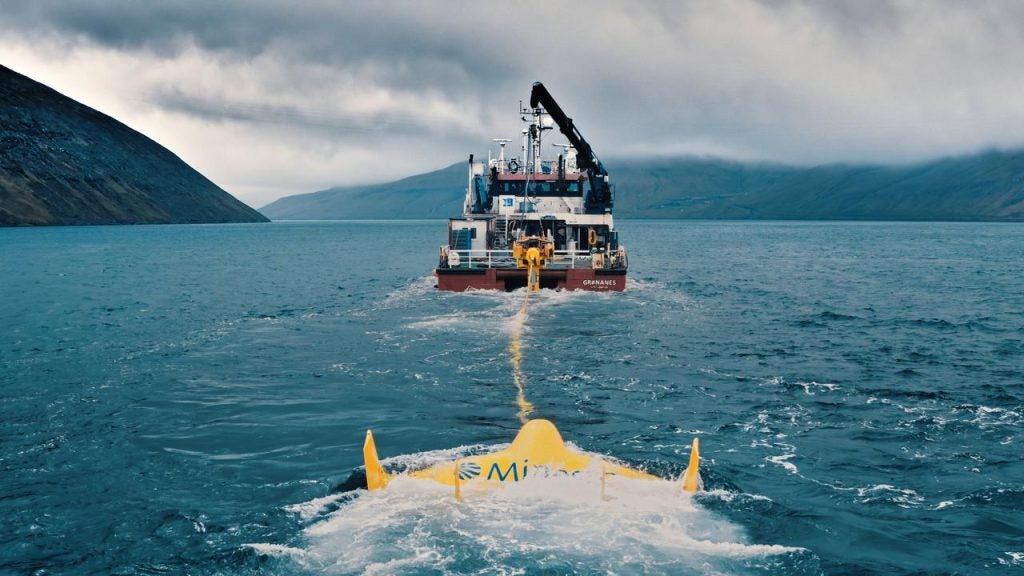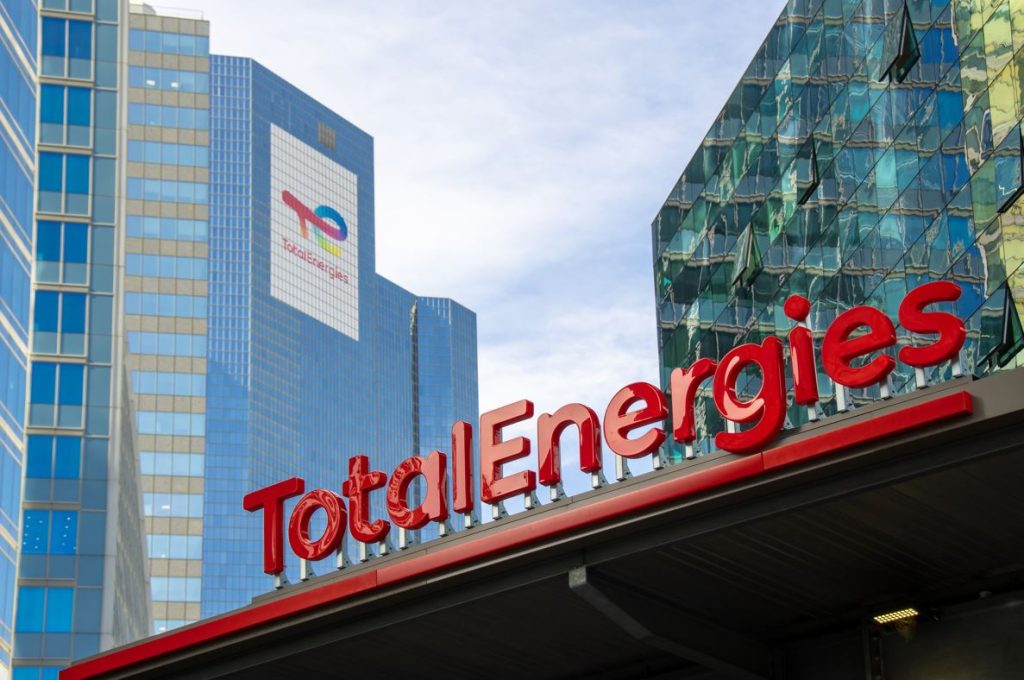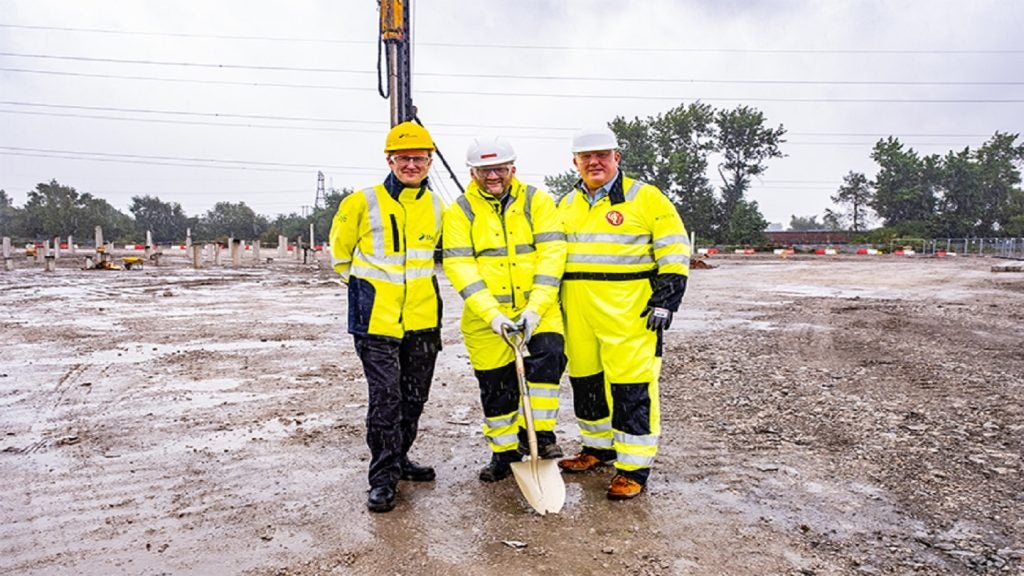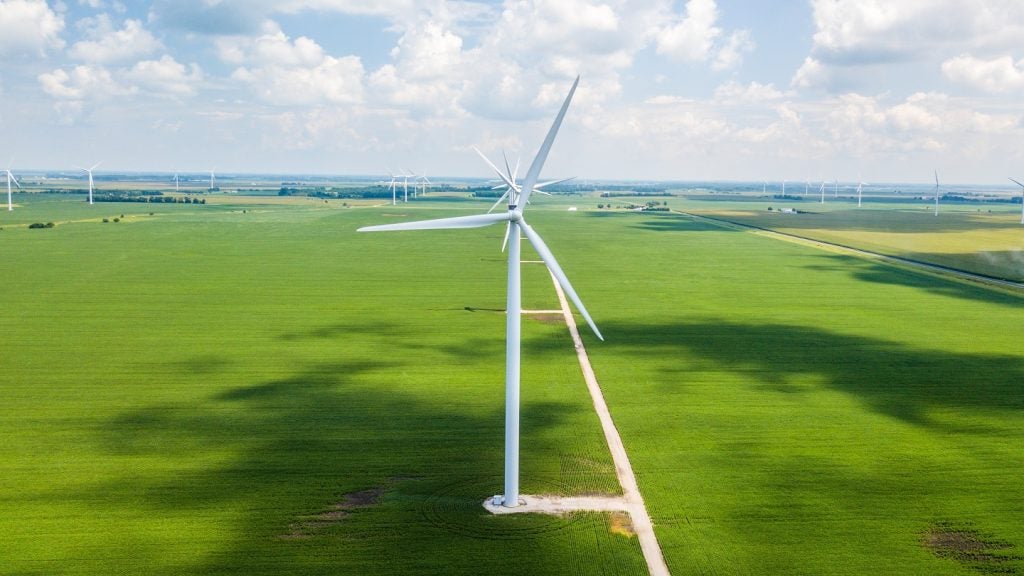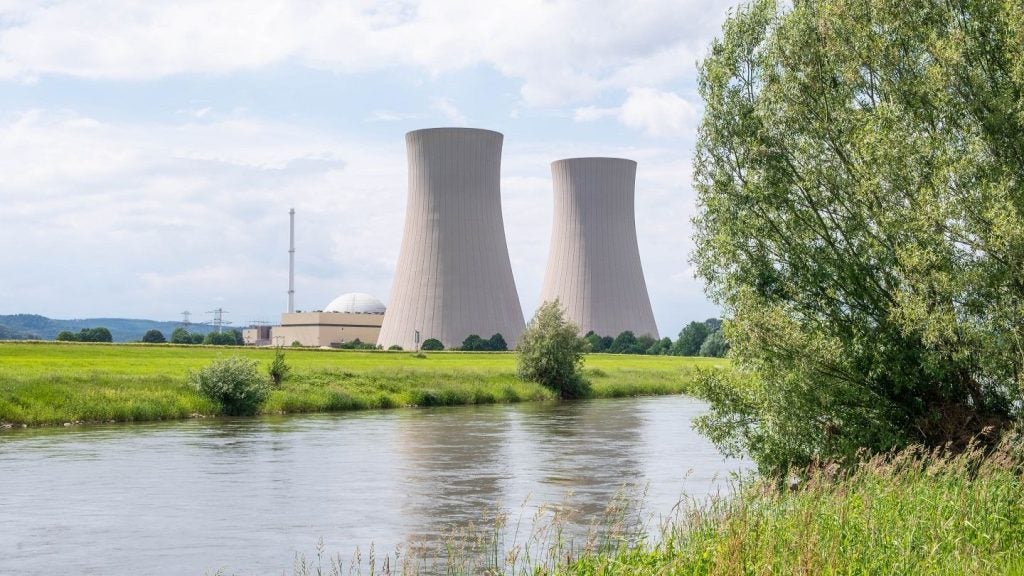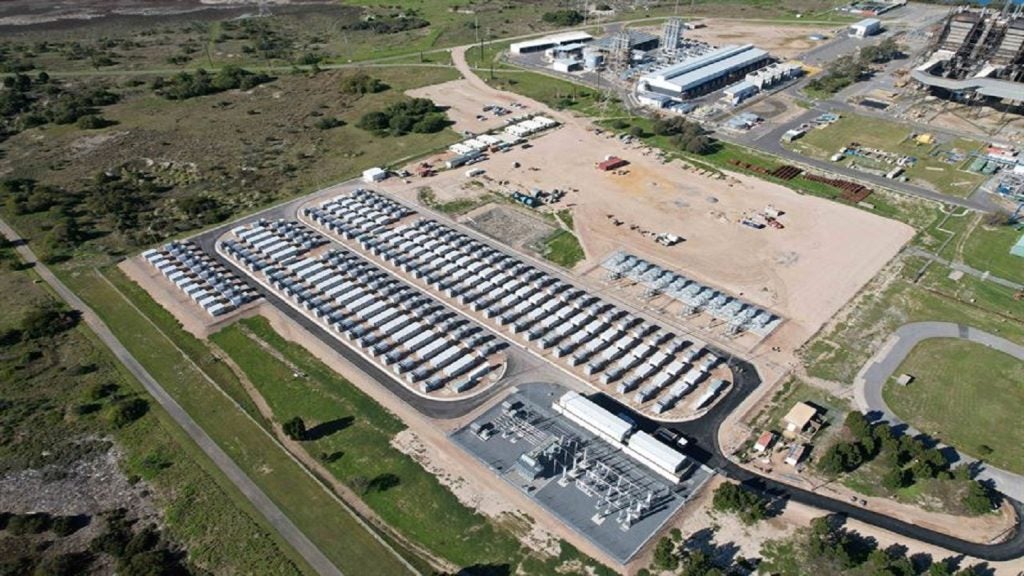Swedish renewables company Minesto has completed testing on its sea-bed connection system, which will enable renewable energy to be generated using ocean currents and tidal streams.
The company is developing a 1.2MW power plant, called the Dragon 12, using its Launch and Recovery System (LARS) technology.
The new connection system enables the LARS frame to be lowered to the sea floor and operated and controlled using remote technology and cameras.
The Dragon 12 will be installed in the Faroe Islands, located in the North Atlantic. The entire system can be operated from a boat above the water.
“Our unique connection system shows the core of our innovative technology- fast, efficient, and easy to handle,” said Minesto CEO Martin Edlund, in a statement published on 22 August.
Ocean currents can be used to rotate turbines which in turn generate electricity. According to Minesto, the use of tidal streams and ocean currents is a more predictable way of generating renewable energy than wind and solar. Given their regularity, water flow direction and rate can easily be predicted.
The Faroe Islands have an ambitious target in place to source all of their energy from renewable sources by the year 2030. The islands principally use hydro, wind, tidal and wave power in addition to a small amount of solar.
Minesto published its half-year report earlier this month with total operating income amounting to Skr25m ($2.2m) and mainly included capitalised development work of Skr22.5m.
“With the second quarter, we further accelerate our focus on driving large-scale, project-based sales of tidal energy arrays, where reference installations of our smaller power plant Dragon 4 are the key to long-term business,” said Edlund in a statement published on 17 August.


